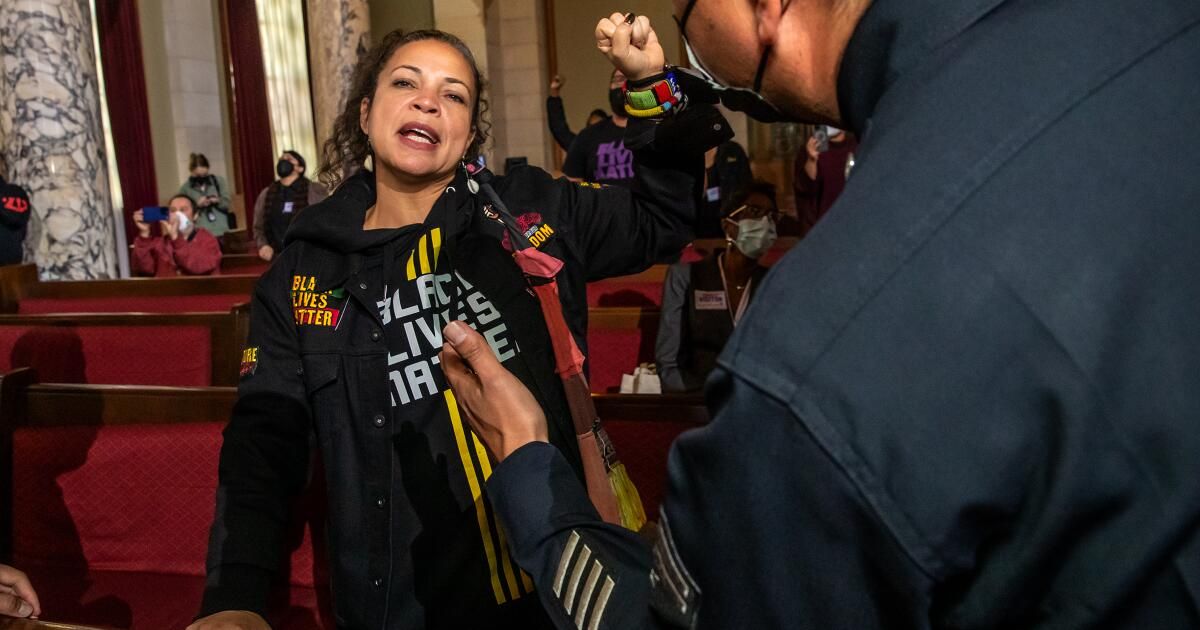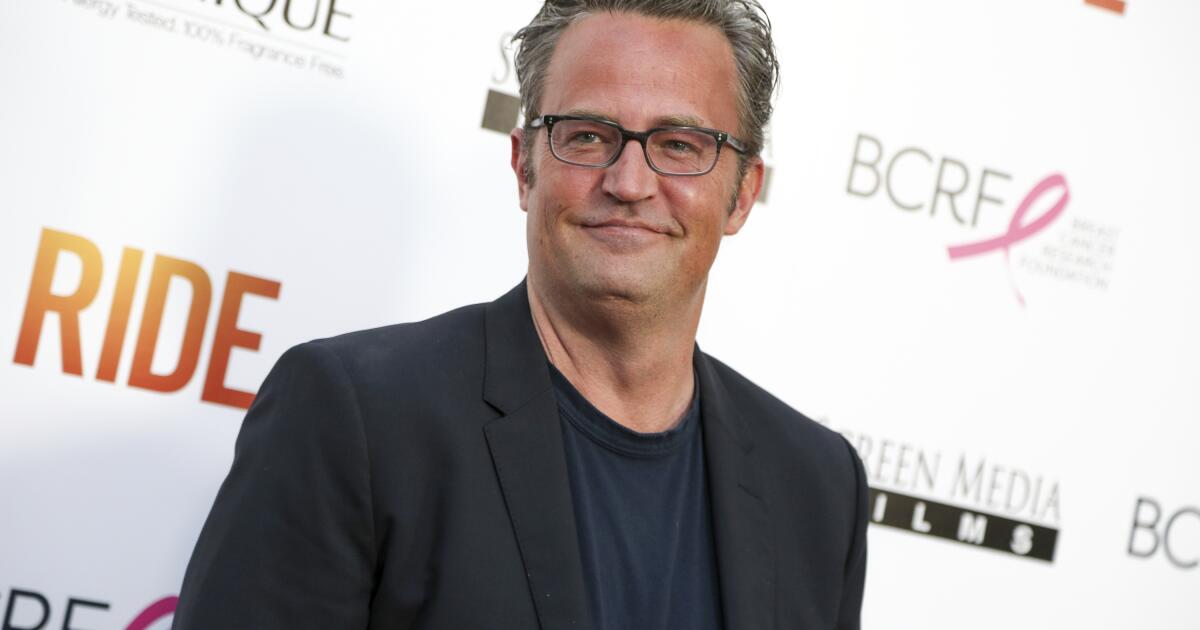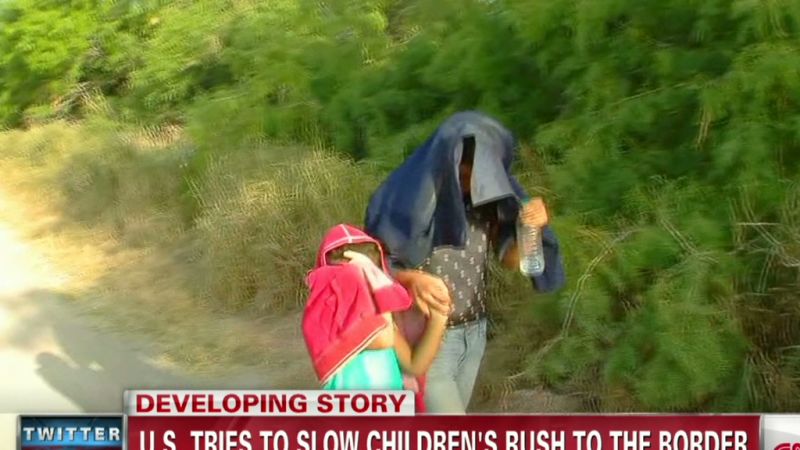A Los Angeles civil jury ruled against Black Lives Matter-LA co-founder Melina Abdullah on Thursday, finding that two police officers were not responsible for their response to a reported hostage situation at her home that turned out to be a false alarm. .
Abdullah alleged that law enforcement's response to the so-called swatting incident, which involved deploying officers with weapons at the ready at the door of his home, was an act of intimidation in response to his high-profile advocacy against police violence.
The city's attorneys responded that the police were simply acting based on the information they had at the time, which was that a caller had demanded a million dollars or he would shoot the three people he had taken hostage inside the home. of Abdullah.
Abdullah was accused of seeking preferential treatment and jurors heard portions of an Instagram live stream she broadcast during the incident in which she asked her followers to contact two City Council members she was friends with and asked them to the police: “Do you know who I am?”
In an interview after the verdict, Abdullah called the jury's decision “disheartening, disappointing and not surprising” and the result of “an unfair system” protecting itself.
His lawyers said they plan to appeal.
The 911 caller in the August 2020 incident that sparked the lawsuit spoke with a thick Southern accent and called himself “Dale Brooks.” In response to his threat to take hostages, police sent more than a dozen officers from the nearby Wilshire Division to Abdullah's home, along with a helicopter, his attorneys said. They allege that the LAPD ignored signs of a hoax. The caller said he wanted to “send a message” that “BLM is a bunch of retards.”
Emails sent to the city attorney's office and the two police officers named in the lawsuit were not immediately returned.
The LAPD's response to the 911 call, which came after a summer of protests against police brutality that Abdullah helped organize as a Black Lives Matter leader, sparked widespread outrage, including from several city officials who called for a investigation.
Abdullah criticized Los Angeles County Superior Court Judge Rupert Byrdsong for what he said was an attempt to “criminalize” his supporters, who filled the courtroom every day.
On several occasions, Byrdsong stopped the proceedings to admonish audience members for what he considered disturbances in the courtroom. Los Angeles County sheriff's deputies were stationed outside the courtroom in response, and phone use was restricted inside. Officers also blocked off the first row of seats with yellow crime scene tape, limiting capacity.
“I think that also tainted the jury and gave them the impression that Black Lives Matter and its supporters were somehow a danger to them,” he said.
He said the judge refused to allow the introduction of evidence showing he was the victim of other swatting calls, even the day after he announced his lawsuit against the city.
The five days of trial testimony included some tense exchanges.
During cross-examination of Abdullah, assistant municipal prosecutor. Christian Bojorquez stated that he did not suffer any physical harm during the incident.
“Did any officer shoot him?” she asked.
“So, did you want me to respond to that or is this a courtroom drama?” Abdullah said, asking if the line of questioning was intended to be “more traumatizing.”
“So you are traumatized by the questions I ask you here in court?” Bojorquez responded.
Bojorquez later played a video of Abdullah's livestream on Instagram, which captured her laughing as she walked back to her home after speaking with officers. She commented that it did not appear that she had suffered any major trauma, as her lawsuit claimed. She said everyone responded to the trauma differently, including in ways like laughter that contrast with the gravity of the moment.
Abdullah said Thursday that the questioning he faced was a continuation of a broader pattern of harassment and intimidation.
“It was more than disrespectful, it was a reprimand, it was dehumanizing,” he said. “I think they reminded us that even with a lawsuit you're asking an unfair system to be held accountable, because the court absolutely allowed that to happen.”












